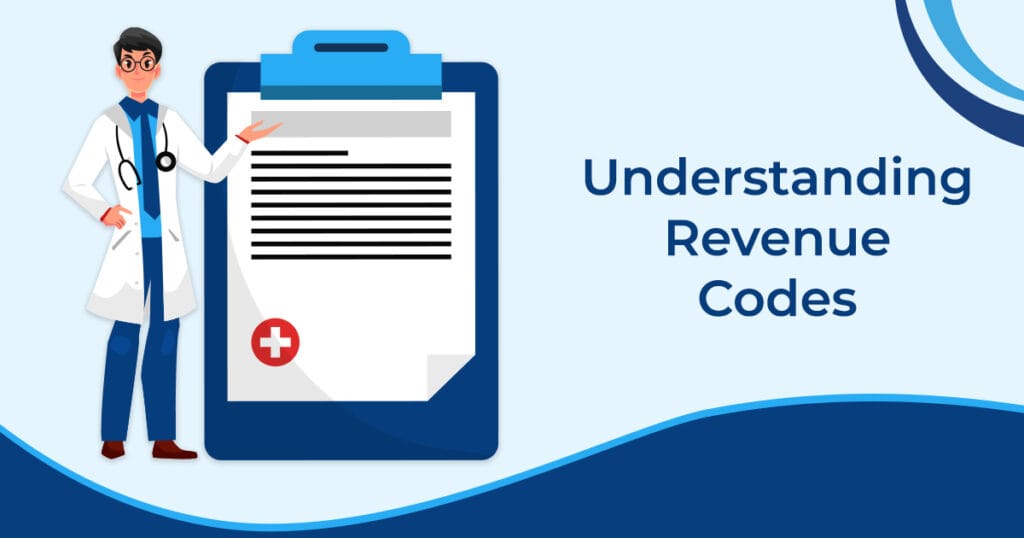Sometimes it is difficult for a person to pay all the medical bills. At that time, a guarantor medical billing person takes the responsibility and pays all the bills for the treatment. In addition, all healthcare practitioners must keep an eye on every billing procedure and ensure to handle it most efficiently. So, it’s not easy to concentrate on two aspects of patient care the other one being medical billing.
Therefore, healthcare professionals hire a medical biller so that all the billing and insurance-related burdens would be minimized and lessened. Here, in this guide, we’ll explain all about the guarantor medical billing person whose responsibilities and tasks. Collect useful information and insights by connecting with us till the end.
What Is a Guarantor in Healthcare?
A guarantor in medical billing is a person responsible for paying a patient’s healthcare costs in medical billing. When someone gets medical treatment, they name a guarantor who will cover the bill if insurance doesn’t pay everything. For kids under 18, parents or legal guardians are usually the guarantors. For adults without insurance, they often become their guarantor, meaning they’re responsible for paying their medical bills directly.
If you are a healthcare provider and need accurate and smooth medical billing services for your practice, you may book a free consultation with MAVA Care. We are here to tackle all your billing-related work so that you have no stress about the documented procedures.
What Is a Patient Guarantor?
The patient guarantor is the person paying all the medical bills. Patients usually act as their guarantors but sometimes parents or legal guardians. It plays a major role for minors or adults who are incapable of dealing with their medical charges. The guarantor medical person handles the communication between the company and the health care, so all billing information about the patient will be addressed, and medical costs must be paid appropriately.
Importance of a Guarantor Medical Person in Healthcare

It is essential to identify the right guarantor in medical billing, identify the right accuracy of medical billing procedures, and timely payment collections. The guarantor plays a vital role at every stage of the billing cycle.
1. Financial Responsibility
Guarantors must have enough money to quickly pay these possible costs based on the details and limits of the insurance plan. Unpaid bills can harm the cash flow for providers and lead to extra administrative costs from having to bill the guarantor multiple times.
2. Follow-Up Unpaid Bills
All bills are settled and not sent to collections, and the obligation of setting up reasonable pay arrangements balances after insurance. This accountability in follow-through effectively redirects the focus of internal billing teams toward more revenue-generating activities.
3. Verification of Insurance
By actively solving the insurance problems, guarantors help stop situations whereby providers lose money. The need to bill again is also stopped from happening.
Who Is Guarantor in Medical Billing?
A guarantor for medical billing is the service provider who agrees to have his account debited after insurance fails to pay for total treatment costs. The guarantor agrees to pay the medical bills because of the failure of insurance to pay for the whole treatment costs.
Common guarantors include parents for minor children, spouses for each other, or adults responsible for their medical bills. They legally promise to settle outstanding medical expenses, protecting healthcare facilities from potential financial risks.
Types of Guarantors in Medical Billing
i-Primary Guarantor
A primary guarantor is the first person legally responsible for paying medical bills when a patient receives healthcare services. They commit to covering medical expenses when the patient lacks complete insurance coverage or cannot fully pay for treatment.
Common primary guarantors include parents for minor children, spouses for each other, or adults responsible for their medical bills. This person is the initial point of financial accountability, ensuring healthcare providers receive payment for medical services rendered.
ii-Secondary Grantor
When a primary guarantor can’t pay a medical bill, a secondary guarantor steps in to handle the expenses, and the backup person is responsible for paying the medical bills and debts.
Common secondary guarantors include:
- Parents or legal guardians
- Spouses or life partners
- Adult children over 18
- Close friends willing to help financially
The secondary guarantor in medical billing makes a legal promise to cover medical costs, ensuring healthcare providers receive full payment and protecting patients from debt collection. They act as a financial prevention net, assisting to avoid medical bills from causing severe financial hardship for the patient and their family.
iii-Financial Guarantor
When multiple guarantors are listed on a medical account, one person is designated as the “financial guarantor.” Legally responsible for paying medical bills not covered by insurance. The parent agrees to cover any remaining costs that insurance does not pay, ensuring full medical bill settlement.
It acts as the ultimate payer, protecting healthcare providers from potential financial losses by committing to cover outstanding medical expenses.
iv-Non-Financial Guarantor
A non-financial guarantor is a contact person who helps with medical administrative tasks without being financially responsible for the bills. Here’s a breakdown:
No financial obligation for medical expenses
- Assists with billing communication
- Helps coordinate medical paperwork
- Provides administrative support
Examples of non-financial guarantors include:
- A family friend might be listed
- Help track medical bills
- Communicate with healthcare providers
- Support the patient with administrative tasks
- Serve as an additional contact point
Who Is the Guarantor for Insurance?
The insurance guarantor may differ according to the type of insurance and the region in which it operates. Sometimes, government organizations can be guarantors; for example, state guarantee funds or similar entities. These are established to safeguard policyholders in case the insurer cannot pay. In some instances, there are private guarantors, commonly referred to as “guaranty associations” or “guaranty funds.
1-Insurance of Patient
The insurance guarantor may differ with the type of insurance as well as the region for which it works. The guarantor can be, at times, a government group or groups, like a guarantee fund or any similar agency in a state. This kind of agency is set to protect the policyholder if the insurance company can’t pay its debts. On other occasions, there will be private guarantors, known by other terms like “guaranty associations” or “guaranty funds.”
2-Guarantor in Billing
When it is for large businesses or special risks, the guarantor’s financial stability and ability to pay claims becomes even more critical. Businesses review the billing and analyze the record, financial strength, and relevant skills to meet obligations.
End Lines
The guarantor medical person responsible for receiving medical bills and commits to pay on time. This person also provides identity information to the service provider or billing company. Among other personal details, a guarantor will share a full name, current address, and insurance data that will help smoothen the process of medical billing.
Thus, by fulfilling these formalities, the guarantor helps the biller for smooth medical billing processes and prevents potential financial complications for both the patient and healthcare providers. In the details mentioned above, you get all the information about the guarantor. Still, the discussion ends with a conclusion that MAVA Care, a medical billing company offers medical billing, coding, credentialing, and AR follow-up services for healthcare providers. So, visit us, email us, or contact us, we are here to give a demo and details about our working procedure.
FAQ’s
What is a guarantor in billing?
When a patient is unable to fully cover their healthcare expenses, a guarantor takes on the financial responsibility of paying medical bills. They legally commit to settling any outstanding medical charges not paid by insurance. The guarantor provides contact information and ensures complete payment for medical services.
Is there any difference between a patient and a guarantor?
A patient is the one who is eligible for healthcare treatment. At the same time, a guarantor is the person responsible for ensuring that the patient’s medical bills are paid—often a parent, guardian, or sometimes the patient.
Is the guarantor’s financial responsibility important?
A guarantor is legally obligated to pay medical bills not covered by insurance. They must ensure full payment of the patient’s healthcare expenses. If the patient is unable to pay, the guarantor is responsible for clearing the complete medical expenditures.
What do verses mean in medical terms?
In medical terms, “verses” typically refers to the comparison or evaluation of different medical conditions, treatments, or research findings. It helps healthcare professionals analyze and contrast various medical approaches or outcomes.
Why is a guarantor called a unique identifier in medical billing?
A guarantor number is a unique identifier on a medical bill that tracks the person financially responsible for paying healthcare expenses. It helps healthcare providers manage billing information and patient financial accountability.









